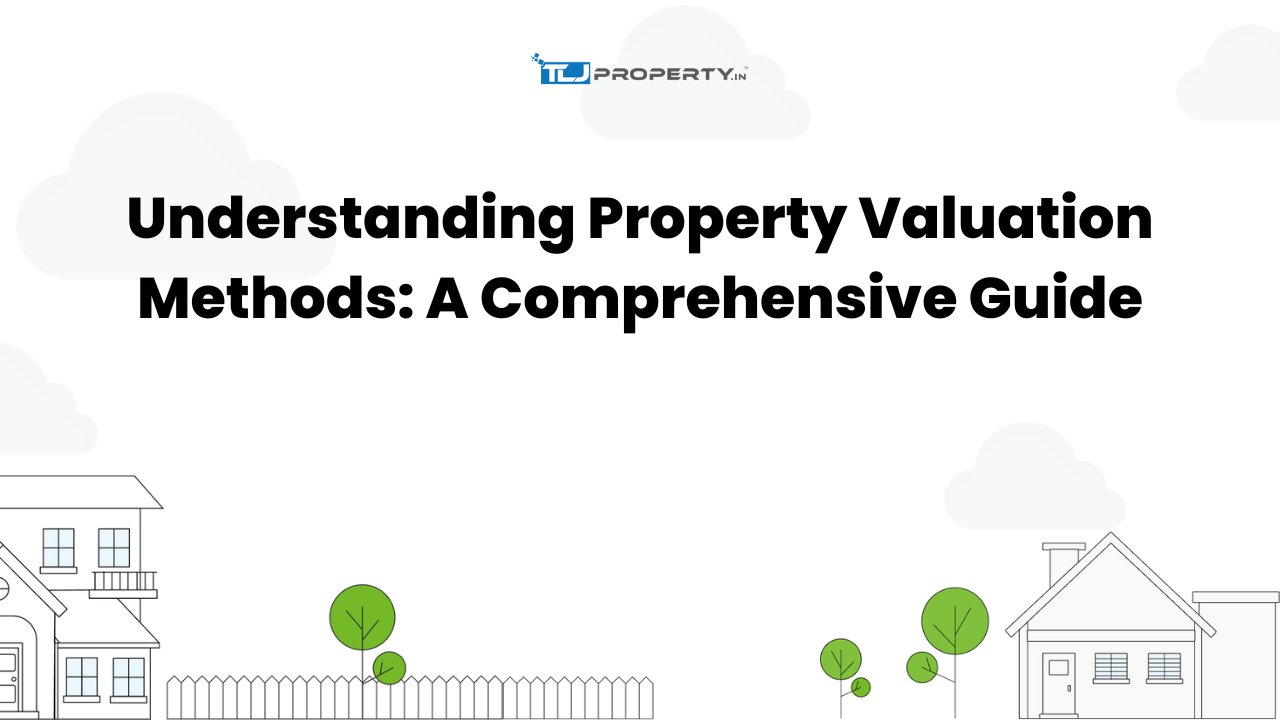Mar 28
TLJ Property
Blogs
Home Blogs
The Implications of RERA on Homebuyers Rights and Protections A Comprehensive Analysis

- Introduction:-
- Enhanced Transparency and Accountability:
Moreover, RERA mandates developers to deposit a significant portion of project funds into a dedicated escrow account, ensuring that resources are used for the intended purpose of completing the project. This financial discipline minimizes the risk of fund diversion and delays in project delivery, thereby enhancing the overall credibility and trustworthiness of real estate developers.
- Timely Delivery and Quality Assurance:
- Streamlined Dispute Resolution Mechanisms:
- Process of Dispute Resolution:
- Filing of Complaint: The aggrieved party files a complaint with GUJRERA, outlining the nature of the dispute and providing relevant documentation.
- Examination and Hearing: GUJRERA examines the complaint and conducts hearings where both parties present their arguments and evidence.
- Mediation (if applicable): GUJRERA may facilitate mediation between the parties to explore amicable solutions.
- Adjudication: If mediation fails, GUJ-RERA proceeds with adjudication and issues a reasoned order based on the merits of the case.
- Enforcement: The orders issued by GUJ-RERA are legally binding, and both parties are required to comply with the directives within the specified timeframe.
- Adjudicating Authority under Gujarat RERA:
- Establishment of GUJ-RERA
-
Functions and Powers of GUJ-RERA:
- Registration of Projects (Section 4): GUJ-RERA is responsible for the registration of real estate projects in Gujarat. Developers are required to submit detailed information about the project, including land title, approvals, timeline for completion, and financial statements, for registration purposes.
- Adjudication of Disputes (Section 31 or 71): GUJ-RERA acts as the adjudicating authority for resolving disputes between homebuyers and developers arising under RERA. The authority conducts hearings, examines evidence presented by both parties, and delivers judgments in accordance with RERA provisions and Gujarat state laws.
- Imposition of Penalties (Section 59,65,63): GUJ-RERA has the authority to impose penalties on developers for non-compliance with RERA provisions or orders issued by the authority. Penalties may include fines, cancellation of project registration, or other punitive measures deemed necessary to ensure compliance.
- Facilitation of Mediation (Section 32): GUJ-RERA may facilitate mediation between parties involved in disputes to explore amicable solutions. Mediation proceedings aim to resolve conflicts through mutual agreement, thereby avoiding protracted legal battles and promoting efficient dispute resolution.
Homebuyers can file complaints with the relevant RERA authority in case of project delays, construction defects, or discrepancies in contractual agreements. RERA authorities have the power to impose penalties, issue directives, and even revoke project registrations in cases of non-compliance, thereby incentivizing developers to adhere to statutory obligations and fulfill their commitments to homebuyers.
- Protection Against Fraudulent Practices:
- Enhanced Consumer Protections:
Furthermore, RERA mandates developers to provide warranties for structural defects and quality standards in constructed properties, offering additional assurances to homebuyers regarding the integrity and durability of their investments. Developers are also required to disclose all relevant information pertaining to project specifications, amenities, and possession timelines, enabling homebuyers to make informed choices based on their preferences and requirements.
- Conclusion:
As stakeholders continue to adapt to the evolving regulatory landscape, it is imperative to uphold the principles of fairness, integrity, and adherence to legal norms in all real estate transactions. By prioritizing the interests of homebuyers and promoting ethical practices, RERA serves as a catalyst for promoting a more equitable and resilient real estate ecosystem, benefiting both consumers and industry stakeholders alike.
Author by
Pritesh Rami
( Advocate )


.png)


.png)









